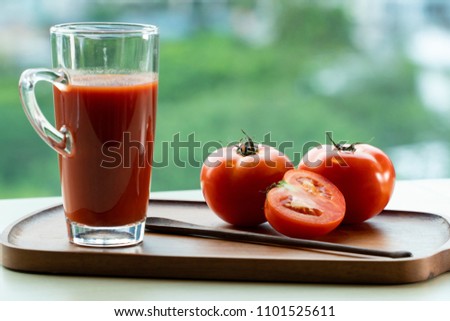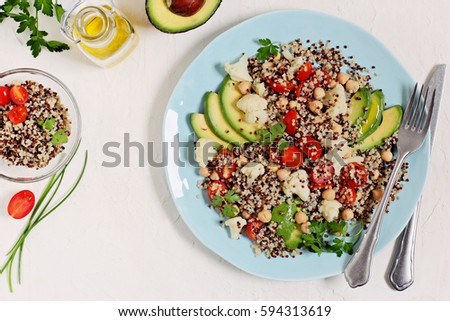Because lycopene is a fat-soluble nutrient, you can
increase its absorption by eating it alongside a food rich in healthy fats. A
study published in the Asia Pacific Journal of Clinical Nutrition tested
the absorption of lycopene with respect to tomatoes cooked in olive oil, a
combination characteristic of the Southern Mediterranean diet.
The study authors noted previous research has proven
lycopene absorption is increased with respect to processed tomatoes as compared
to fresh tomatoes because "the processing breaks down the tomato cell
matrix and makes the lycopene more available."
The goal of the current research was to determine
the effects of pairing cooked tomatoes with olive oil. The researchers measured
plasma lycopene concentrations for healthy participants who ate a low-lycopene
diet and again following a five-day dietary intervention during which time the
participants ate one meal a day containing 470 grams of tomatoes cooked with or
without 25 milliliters of olive oil.
The participants consuming the cooked tomatoes and
olive oil showed an 82-percent increase in plasma trans-lycopene and a 40
percent increase in cis-lycopene concentrations. About the results, the study
authors said:
"The
addition of olive oil to diced tomatoes during cooking greatly increases the absorption
of lycopene. The results highlight the importance of … how a food is prepared
and consumed in determining the bioavailability of dietary carotenoids such as
lycopene."
If you are not fond of olive oil, you might consider
adding coconut oil or Medium Chain Triglyceride (MCT) oil to your homemade
tomato sauce. MCT oil, which has no taste or smell, is composed of concentrated
medium chain fatty acids derived from coconut oil. Another option is to serve
cooked tomatoes or homemade tomato sauce with organic grass fed beef.
Article Source: Dr Mercola at Mercola.com



